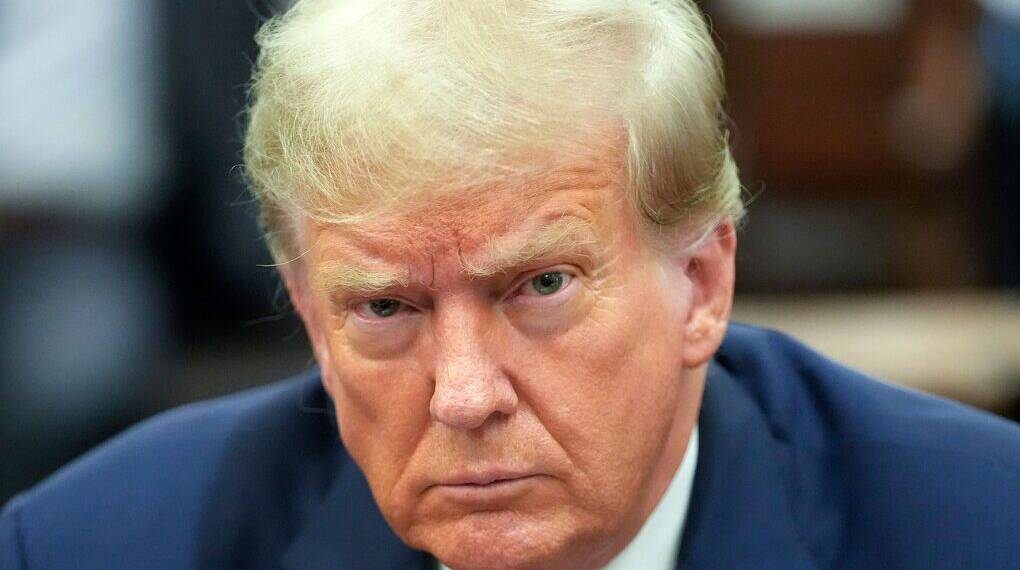President Donald Trump’s sweeping tariff actions have unleashed a storm of economic turmoil, triggering a mass corporate exodus, rattling global markets, and further straining U.S. alliances. Despite campaign promises of renewed economic strength and global diplomacy, his administration is presiding over increasing inflation, investor flight, and a deepening global divide.
Tariffs Reach Historic Levels
Since resuming office, Trump has expanded tariffs on an unprecedented scale—targeting goods from China, India, Japan, the EU, Brazil, and even Canada. Under emergency powers granted by the International Emergency Economic Powers Act (IEEPA), the average U.S. tariff rate has soared to 18.3%, the highest since 1930.
Markets responded swiftly: the S&P 500 and Nasdaq shed a combined $6.6 trillion in market value after the April 2 tariff expansion. Meanwhile, core inflation rose to 2.7% in June, with food, electronics, and household goods increasing by up to 12%.
Corporate Exodus and Investor Flight
Tariff uncertainty, inflation, and reduced competitiveness are pushing companies out of the U.S. instead of bringing them in:
General Motors, Volkswagen, and Intel each reported over $1 billion in tariff-related losses
Some manufacturers are relocating operations to Mexico, Canada, and Southeast Asia, reversing reshoring gains made during Trump’s 2017–2020 term.
Apple, Sony, HP, and Panasonic have announced scale-backs in U.S. operations.
Tesla is redirecting expansion plans to India and Malaysia
Foreign Direct Investment (FDI) in the U.S. declined 11% in the first half of 2025, according to the Commerce Department.
“We cannot absorb these unpredictable shocks,” said a U.S. auto executive. “The U.S. is becoming too costly and too unstable.”
Musk Feud and Policy Chaos
Trump’s high-profile feud with Elon Musk, now head of the Department of Government Efficiency (DOGE), has further highlighted internal dysfunction. Musk, once a supporter, has become a vocal critic of Trump’s trade policies, calling adviser Peter Navarro a “moron” and warning that tariffs are “economic suicide.”
Efforts by Musk to moderate the administration’s trade stance and reduce trade deficit have failed, with Commerce Secretary Howard Lutnick, a hardliner, consolidating power over tariff decisions.
Insider Trading Concerns and Corruption Allegations
Suspicious stock movements ahead of tariff announcements have triggered calls for an ethics investigation. Lawmakers, led by Senator Chuck Schumer, are demanding answers.
“Trump’s tariff decisions appear to benefit insiders with prior knowledge. That’s not economic policy—it’s corruption,” Schumer said.
Diplomatic Fallout and Global Blowback
Countries have responded with anger:
China has enacted 125% retaliatory tariffs on U.S. goods
Canada has removed American products from provincial stores and filed a WTO complaint
Germany, India, and Japan are exploring coordinated countermeasures through the World Trade Organization (WTO)
Prime Minister Justin Mark Carney called the tariffs “economic vandalism dressed up as nationalism.”
A Promise Broken: No End to the Ukraine War
Another critical failure is Trump’s inability to deliver on his campaign promise to end the Russia–Ukraine war. Despite pledging a ceasefire “within 24 hours” of taking office, the conflict has only intensified in recent months.
Russian shelling of Kharkiv and Odesa continues
NATO remains divided on Trump’s approach to Ukraine funding
Ukrainian President Volodymyr Zelenskyy said Trump has “offered no real solution—only empty slogans”
“It’s clear now that Trump has no plan and no leverage over Putin,” said former U.S. Ambassador Michael McFaul.
Revenue Gains, But at What Cost?
While the White House boasts that tariffs have raised $152 billion in revenue so far in 2025, economists warn that this is simply a tax on American consumers.
Wharton economist Joao Gomes explained:
“These aren’t paid by China or India—they’re paid at the U.S. border, by American businesses, passed on to American shoppers.”
Proposals like Senator Josh Hawley’s $600 rebate check using tariff revenue are seen by critics as political band-aids on a bleeding economy.
A Self-Inflicted Crisis
As inflation rises, allies recoil, and corporations exit en masse, President Trump’s second-term economic doctrine is looking increasingly like a self-inflicted crisis. Despite lofty promises of American revival, the country is facing economic isolation, global resentment, and a deepening credibility gap.
With major companies fleeing, foreign investors pulling back, and no sign of diplomatic resolution abroad, Trump’s “America First” agenda is leaving America—and the world—worse off.








